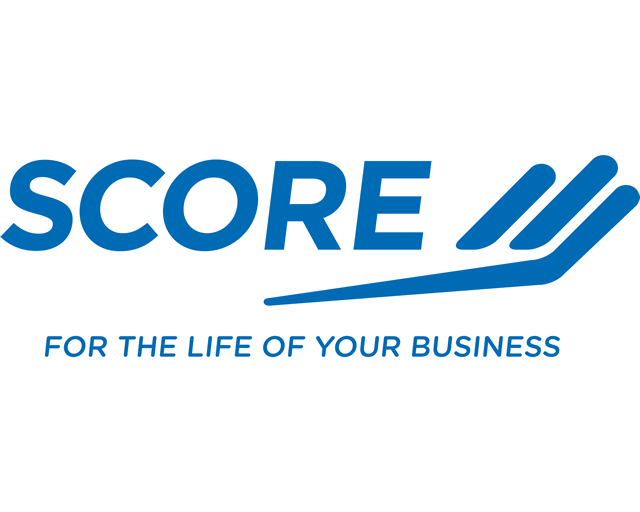Q: Can I write off the money I’ve spent to research and prepare to startup my new small business?
A: Yes, you can claim tax deductions for, i. e., “write off,” amounts incurred in connection with investigating, creating or acquiring an active trade or business before you begin operating. But the tax and accounting rules for startup costs are complex, so you should consult with a CPA.
For tax years beginning in 2010, you can write off up to $10,000 in startup costs and another $10,000 in organizational expenses in the year that you start your business. These deductions are reduced if you have more than $60,000 of either type of expense. Any costs over the $10,000 limits will have to be amortized, or spread out, over 15 years.
Sound like a long time to have to wait to get the full benefit of a startup deduction? It is. But most small business startups typically don’t have much more than $10,000 in total pre-opening costs and can live with these rules.
Startup and organizational costs incurred by new businesses are generally treated as capital expenses. Therefore, they need to be amortized, that is, part of the cost is “written off” in each of a number of years.
Startup expenses include such things as the cost of travel, trade shows, educational or training seminars, consulting fees, building costs, and supplies or materials needed to get your business started (not inventory or raw materials).
Organizational fees include the costs relating to forming or creating the business, such as, fees paid to obtain licenses, and accounting or attorney fees paid to form a legal entity for your company.
But, from a tax standpoint, when does your business actually begin? You can be in business if you are ready to accept customers. The actual event that triggers you being in business will vary by the type of business and your own personal way of operating.
You don't have to have customers or made a profit to be in business, but, if you don't make a profit in three out of five years you could trigger the hobby-loss rule and face restrictions on your startup tax deductions. Review your situation with a good tax pro.
In any event, it should be clear that, for those investigating or starting up a business, it’s important to keep good records of your costs or you will have difficulty recovering all of them.



